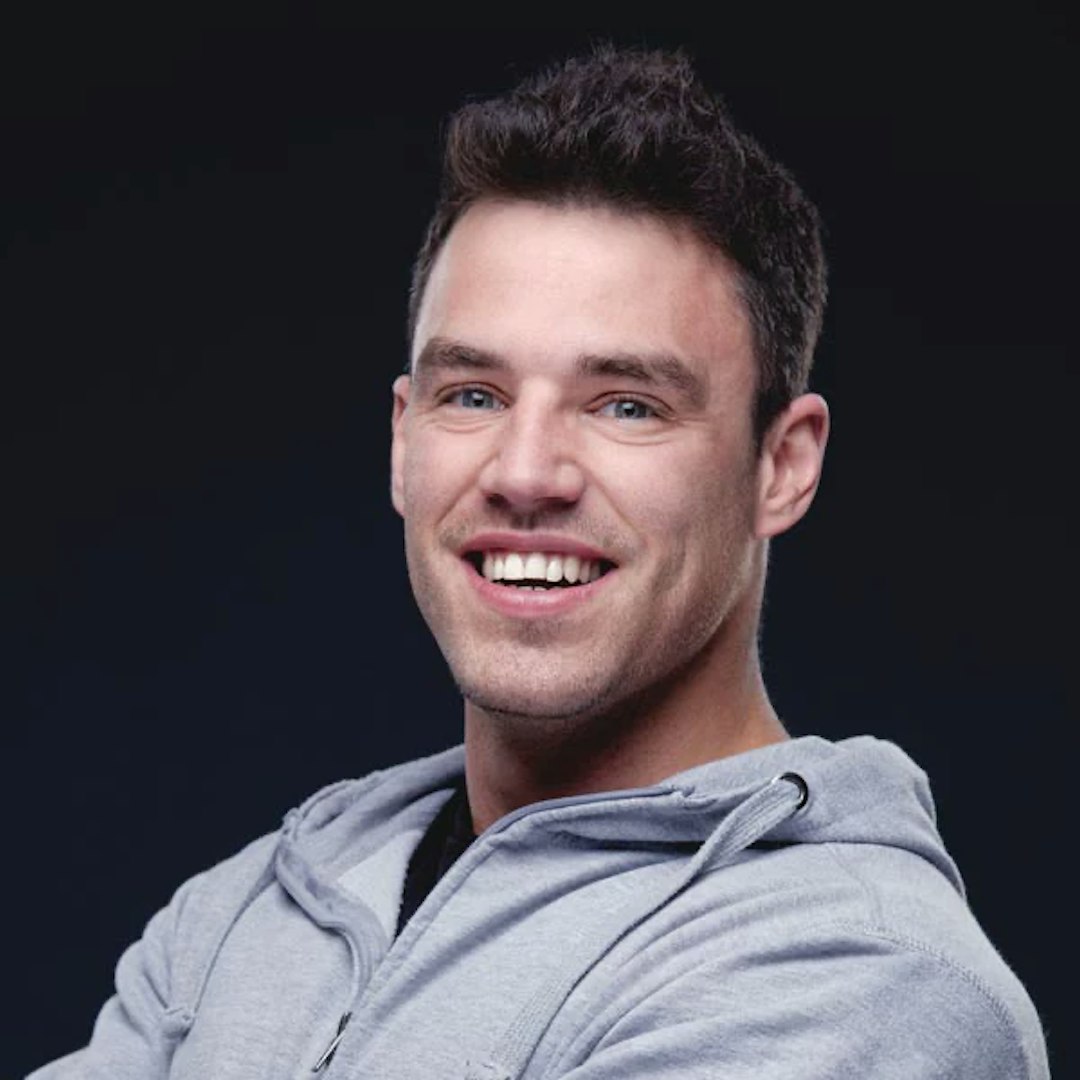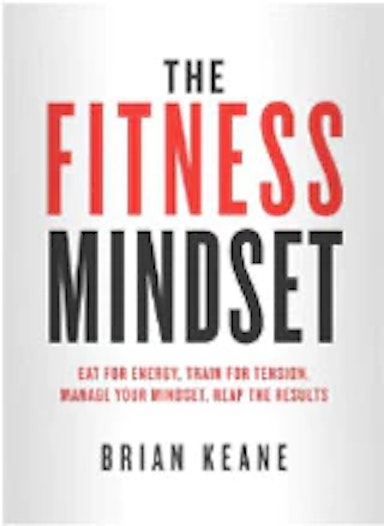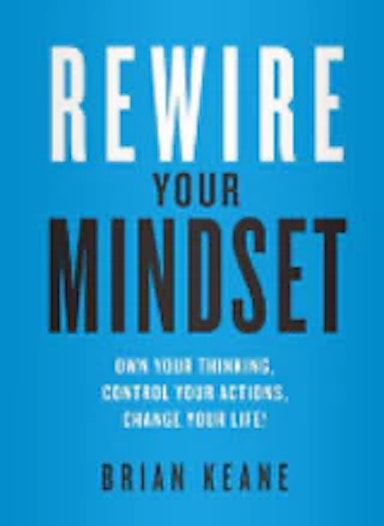The best supplements to help you sleep
- By Brian Keane
For some, using the food tricks and eliminating caffeine and stimulants closer to bed time is enough to get a great night’s sleep but if you find you really need a supercharge, there are some supplements that will work wonders for either helping you fall asleep or aid in keeping you in a deeper sleep.
Always check your supplements to verify they are compatible with medications you may be taking as some vitamins and minerals have been known to reduce the effect of some medications i.e. birth control pills etc. There are loads of great herbs and supplements that can help you get a great night’s sleep but I’ve included the ones that I’ve found have supported me best and don’t leave me ‘groggy’ in the morning. Getting a great night’s sleep is great but if you wake up in a fog, I find it kind of defeats the purpose.
ZINC: This is an important supplement for male and female fertility (and thus libido), as zinc deficiency can lead to lower testosterone (both men and women need balanced testosterone for optimal hormonal support). Zinc can support testosterone production by putting you into a deeper sleep; which also improve recovery dramatically for athletes (as zinc is one of the first minerals to get depleted in gym goers and athletes).
Dosage: It normally best taken at 25mg per day with magnesium (see below) and Vitamin B6 (ZMA) – about 30 minutes before bed on an empty stomach.
MAGNESUIUM: Nowadays, nearly everyone is magnesium deficient. Refined/processed foods are stripped of their mineral, vitamin and fibre content. These are anti-nutrient foods because they actually steal magnesium in order to be metabolised. When consumed, they demand that we supplement with magnesium or we become increasingly deficient.
ARE YOU TENSE AND TIGHT OR CRAVE CHOCOLATE?
Anything that makes you tense or tight could be potentially due to a magnesium deficiency. Do you crave chocolate at night time or when stressed? Chocolate is one of the highest food sources of magnesium. Chocolate is a catch 22 though, even though it has magnesium, it also has sugar. Every molecule of sugar you consume drags over 50 times the amount of magnesium out of the body.
Okay so what if I don’t eat any processed foods or sugar, do I still need to supplement with magnesium?
The short answer is yes. Processed product are not the only foods that are devoid of magnesium. In general magnesium has been depleted from topsoil meaning that the pesticides used to kill the beneficial bacteria/fungi that are necessary in order for plants to covert soil nutrients into plant nutrients usable by humans. This has reduced our magnesium intake reducing across the board. Because of the increase in toxic exposure in recent years (air, water, chemicals, pesticides etc.), our need for magnesium has actually GONE UP!
Dosage: Try taking 600-800mg a day 30 minutes before bed but be careful as too much too soon can give you a stomach upset or the runs. When you get the correct dosage, you will find that you are much more relaxed going to bed.
GABA: This in an inhibitory neurotransmitter, what your brain uses to shut itself down. It will dramatically calm you down when taking on an empty stomach (45-60 minutes after you last meal). GABA can be used during the day if you’re ‘highly stressed’ but its best at night time to help you calm down before bed and massively increase your sleep quality.
Dosage: start with 500mg before bed and this can go as high as 2,500mg (incrementing the dose). It has also been shown to raise Human Growth Hormone in the higher end of dosage (discussed below)
L-TRYPTOPHAN: Also sold as 5HTP, L-tryptophan is normally talked about after Christmas or thanksgiving dinner as turkey is particularly high in this amino acid. L-tryptophan can allow your brain to release dopamine and serotonin (happy hormones) which can help you unwind before bed.
Dosage: start with 500mg a night.
I’ve always been a massive fan of the ZMA, GABA AND 5HTP combination; they always allow my body and brain to unwind at the right time, get into a deeper sleep and don’t leave me groggy in the morning. There is one other great supplement that can be included for shorter periods of time (especially for the first 4 weeks of the program to get your body into a good sleeping routine)- that supplement is melatonin.
MELATONIN: This is a potent hormone and antioxidant that your body is supposed to produce on its own if you get real darkness and enough sleep. I was getting neither and a lot of people with sleep issues who also don’t get either. There is a risk that your body will stop producing melatonin if you supplement with it so I only recommend using it for short periods of time (no more than 4 weeks at a time, and then 4-8 weeks off). Your body naturally regulates its production of hormones based on how much of those hormones are present in the body, so if you supplement with melatonin your body will naturally make less.
Dosage: Supplement can range from 300mg to 3,000mg. I tend to stay on the lower end with 300-500mg if you using it for an extended period (4 weeks) or use the high end 3,000mg for 2 or 3 days if I need to recover from jet lag. Keep this as a tool in your arsenal but don’t have it as a staple as with ZMA, GABA and 5HTP.
HUMAN GROWTH HORMONE AND SLEEP!
During sleep, your body naturally secretes human growth hormone (HGH), which maintains your organs and tissues. Training and using the correct supplements (before and after training) can boost HGH dramatically but sleep is also crucial for maintaining i optimal levels. As you get older, you natural level of HGH secretion drops so using hacks, supplements, foods and sleep can give you all the benefit (lower body fat, more muscle, increased energy, anti-aging etc.). If you want to remain full of energy, in great physical condition and youthful, keeping your HGH high is crucial! All the supplements mentioned above can dramatically increase natural HGH whilst you sleep.
HOW TO AVOID THE NIGHT TIME SECOND WIND!
There is a window from 10:45 – 11pm when you naturally get tired. This moves a little bit based on the season but is the general circadian cycle mentioned above. If you don’t go to sleep then and choose to stay awake, you’ll get a cortisol driven ‘second wind’ that can keep you awake until 2 or 3am.
This happened to me for years! If I missed my 11pm window by 15 or 20 minutes, I would get this incredible second wind; which was amazing when I was 18 or 19 and going out to clubs but terrible when I was in my mid-twenties and had to be up for work at 6am.
If you can stick as close to the circadian cycle and get to bed before 11pm, you will wake up feeling more rested than if you’d gotten the same amount of sleep starting later. I know it’s hard for some people (especially if you work night shifts etc.) as your circadian cycle is massively disrupted but I recommend experimenting with this for a week or two. Try going to bed at 12am and getting up at 8am (allowing for 30 minutes of unwind time before 12am) and the following week try going to bed at 11am and up at 7am and monitor how much better you feel in the latter. It was crazy to me initially, I thought 7 and half hours sleep is 7 and a half hours regardless of when you get it; but the results were very different when put into practice. It’s also great to know about this second wind as you can choose to avoid it or take advantage of it. I’ve done some of my best writing and some of my best ideas have come to me during this second wind; just be sure you don’t have an early start the next morning.
SWITCH OFF YOUR BRAIN!
The problem usually begins before bed time. You may feel unable to switch off from feelings of stress, tension and anxiety. One thing that has supported me massively is writing down all of tomorrow’s task BEFORE I get into my night time routine. For months, I found myself thinking about what I had to do the next day and it felt like my brain was going into over drive to solve all of life’s problems at 12am! Physically writing down everything I need to do the following day helps my brain unwind, safe in the knowledge that I won’t forget my most important tasks (as if you would when the thoughts been through your mind for the entire night).
When you get right down to it, food is one of the most important variables that makes an impact on our energy levels and weight loss. The second most important variable is, which is probably even more important than exercise (if you’re not recovering, you’re not getting the most from your training) is sleep. You don’t need to use all the tools, tips and supplements mentioned above but having knowledge of them can make a massive difference to your quality of life and finding out what work best for you and your body. By changing what you use, eat and do before bed can give you an edge in all other aspects of your life.
Written by Brian Keane 30:9:2016


